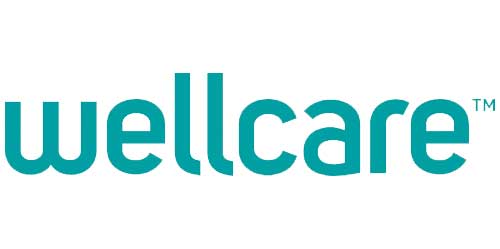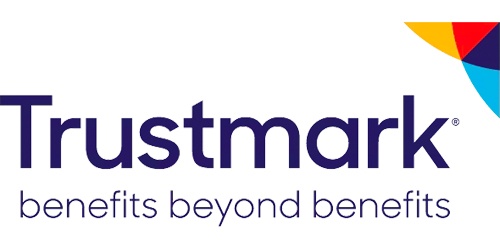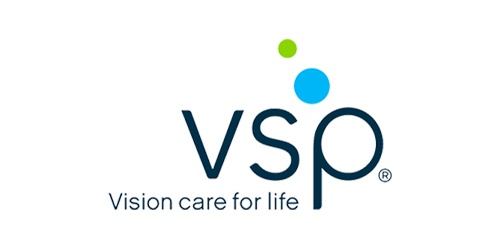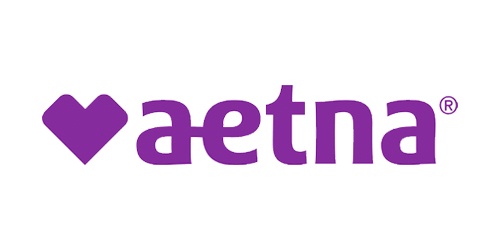This is the time of year when life changes happen – graduations, new jobs, retirements, relocation. Hurray for all those great celebrations. However, each of these can also impact you or your family members’ health insurance. When one of these life changes occur, you generally have 60 days to update your health plan. Here are some timely reminders:
Graduation: If your health insurance is an individual/family policy through Healthcare.gov, your children can stay on your policy as long as they remain your tax dependents. Once they are no longer your tax dependent, they cannot be on your health insurance policy. This is because the Health Insurance Marketplace eligibility guidelines are based on tax law. When your child no longer qualifies as your dependent, they can get their own policy through Healthcare.gov.
If your health insurance comes from an employer-provided plan, then your children can generally stay on your policy until they turn 26. Tax dependency, residency, full-time student status and marital status do not change this guideline.
New jobs: When you begin a new job, the employer may offer employee benefits. Usually, those benefits will begin after you have satisfied a 30-day or 60-day waiting period. You may need to keep the coverage from an old job until the benefits from the new job begin. Another option may be to use a short-term health plan to provide basic benefits until the new employer plan begins. In almost all cases, if an employer offers health insurance, the employee loses eligibility to receive a Premium Tax Credit on Healthcare.gov. So that is not an option when an employer offers coverage. This applies to the employee and the employee’s dependents that may need health insurance benefits.
If the new employer does not offer health insurance, then the employee can keep COBRA benefits from a previous job, join a spouse’s employer plan, obtain coverage from Healthcare.gov, or use a short-term limited benefit plan.
Retirement: If you retire before age 65, your options are the same as above: COBRA, a spouse’s employer plan, Healthcare.gov or short-term limited benefit plans. If you are 65 or older when you retire, you do NOT want to use COBRA because it is not creditable coverage for Medicare. You can consider enrolling in your spouse’s employer plan or going with Medicare.
Relocation: If you relocate with the same employer, then you will probably keep your employer- provided health insurance. If you have a Marketplace plan, a short-term plan or Medicare, you will want to check with an insurance agent in your new community to find out if you need to make changes. If you stay within the same state, the changes may be minimal. If you move to a different state, you will most likely need to make some changes our health insurance plan that will be based on your new address.
The agents at ComPro are happy to answer your questions about life events. Please give us a call at 402.488.5100 or visit the our website at comproins.com.
By Chris McPike – Individual & Senior Benefits Manager, Agent




















